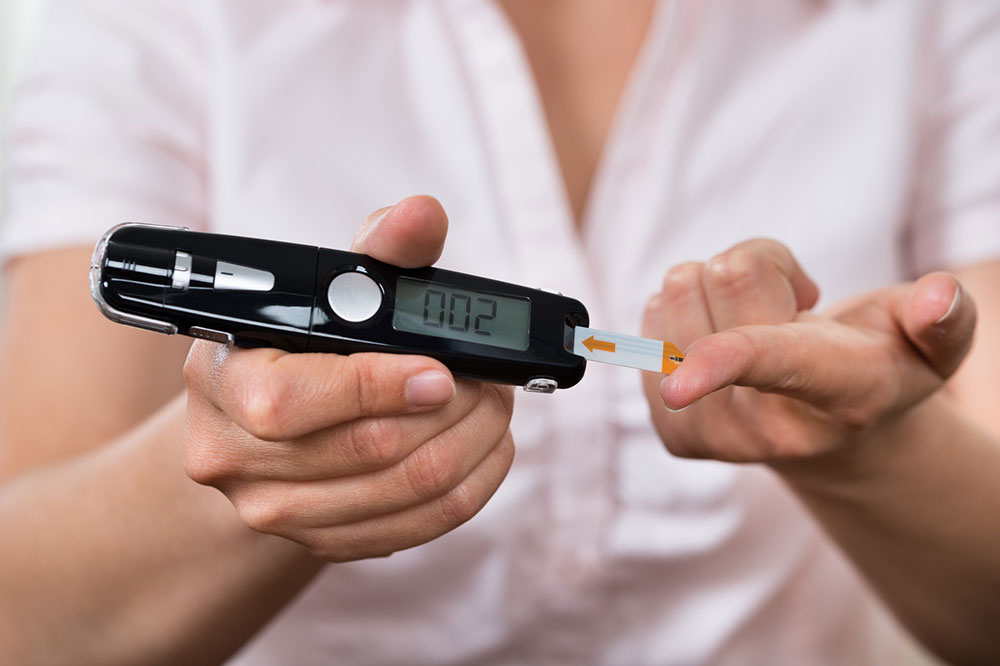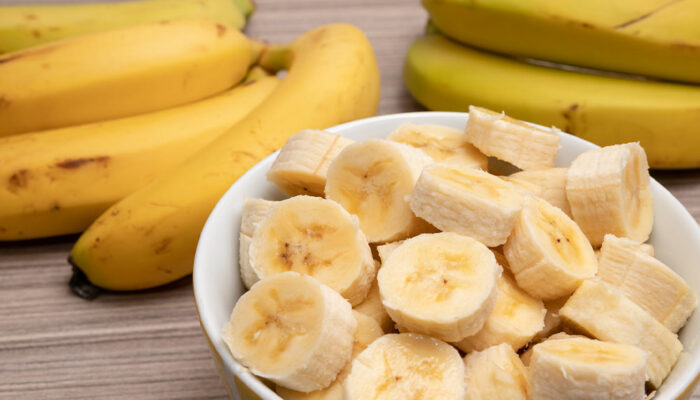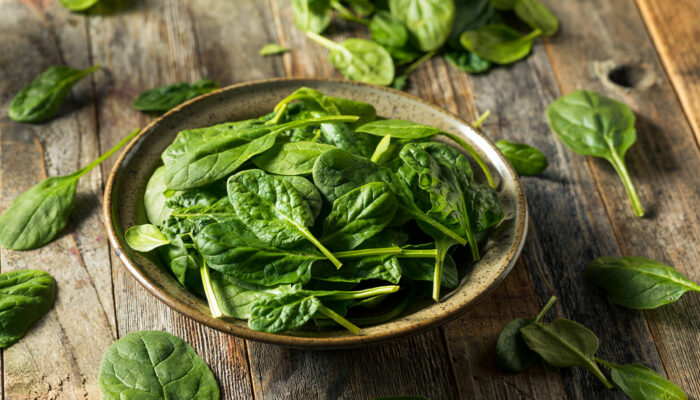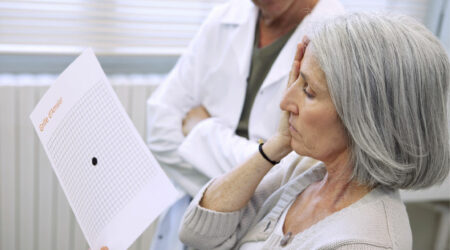
High Blood Sugar – Symptoms and Foods to Avoid
Managing high blood sugar is essential to avoid serious health issues like diabetes or heart disease. However, you must first learn what high blood sugar (or hyperglycemia) is. Recognizing the signs of high blood sugar and the foods that can cause a spike helps prevent CKD type 2 diabetes. This article will discuss what constitutes high blood sugar levels and which foods to avoid to keep your numbers in check.
What is high blood sugar?
High blood sugar (or hyperglycemia) occurs when the blood has too much sugar (glucose). Glucose is the body’s primary energy source, but too much of it in the bloodstream can cause damage to the body’s organs and tissues.
Usually, the hormone insulin helps to regulate the amount of glucose in the blood by allowing it to enter cells and be used for energy. However, when the body doesn’t produce enough insulin or doesn’t use it properly, glucose can build up in the blood, resulting in high blood sugar.
If left untreated, high blood sugar can cause serious health problems, including nerve damage, kidney damage, and even blindness. Thus, it’s essential to monitor blood sugar levels and consult a healthcare professional if you experience symptoms of high blood sugar.
Symptoms of high blood sugar
Frequent urination
When there is too much sugar in the body, the kidneys may be unable to filter it out, resulting in frequent urination. Consequently, you may frequently feel thirsty.
Fatigue
High blood sugar can cause fatigue and weakness, as the body’s cells may not be getting enough glucose for energy.
Blurred vision
One of the side effects of hyperglycemia is blurred vision because the excess sugar causes fluid to be pulled from the lenses in your eyes, making them unable to focus correctly.
Headaches
High blood sugar can cause headaches resulting from dehydration or changes in blood flow to the brain.









